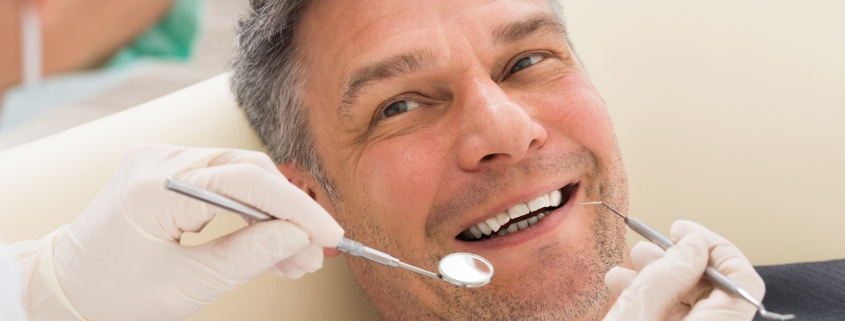Filling Aftercare
After filling the tooth, the anesthetic effect wears off in about one to three hours. Until the anesthetic effect wears off, you should be careful never to chew anything with the numb side of the mouth to prevent damage or biting of the lips, tongue, cheeks, etc. In the case of children, you should monitor them until the anesthetic wears off. Due to the strange sensation of tissue anesthesia, many children may chew on the inner surface of the cheeks, lips, and tongue, which can cause serious damage.
After filling a tooth, the tooth may become sensitive to cold or heat or pressure. This condition is perfectly normal and resolves within a few days to a few weeks. In a few cases, this feeling may last for more than a few weeks. As long as the teeth and gums are healing, everything is going well and there is no need to worry.
Contact your dentist after your anesthetic wears off if you feel pain in your full tooth when you close your mouth and bite or chew. The tooth byte surface may need to be adjusted.
During dental fillings, the gum tissue may become irritated and sore for several days. The anesthetic injection site may also be painful or bruised.
In the case of amalgam fillings, you should not chew hard food or eat directly with the filled teeth for the first 24 hours after filling. If possible, chew only with the other part of the mouth (if the filled teeth are on the right side with the left side of the mouth and vice versa). Teeth whitening (composite dental resin) can be used immediately after treatment and the anesthetic effect wears off.
Chew slowly. Chewing puts a lot of pressure on the teeth, which can cause a lot of pain to a newly filled tooth. When you want to eat, take enough time to do so and do not try to chew large pieces of food at once and vigorously. This way you can avoid strong and excessive contact between the teeth. If possible, eat with the opposite side of the filled tooth.
Close your mouth when chewing food. In some people, the teeth become sensitive to cold air after filling. Therefore, after filling your teeth, you should close your mouth for a while to eat to prevent the flow of cold air to the teeth and cause toothache.
Avoid sticky and chewy foods such as chewing gum. In some dental fillings, especially amalgam (silver colored), it may take some time for you to eat sticky and chewy foods such as chewing gum. In rare cases, chewing these foods immediately after filling the teeth may cause the filling materials to separate.
Avoid hot or cold drinks. Freshly filled teeth become sensitive, so avoid very cold or hot drinks for a few days and eat at a moderate temperature.
Avoid sweets and sweet foods. Avoid these ingredients for a few days, as sweets can irritate freshly filled teeth. Consumption of sugars can also cause bacteria to grow around or below the tooth filling margin.
Do not eat hard foods such as nuts, hard chocolate, and ice. Chewing these foods, in addition to putting a lot of pressure on the newly filled tooth that is still healing, may cause the filling of the tooth filling that has not yet taken hold properly. This is especially important for silver amalgam fillings because it takes longer to fully adhere to the tooth.
If your teeth are filled with tooth-colored materials, avoid colored foods such as coffee for the first few days.
Avoid chewing food for at least an hour after filling your teeth, although drinking fluids is not a problem.
Hard foods should not be eaten for a few days after treatment.
Restoration or filling of teeth is not an obstacle to observing hygienic points, from a few hours after treatment, the routine of oral care can be observed.
It is normal to feel a high feeling in a full tooth in the first hours after treatment, but if this feeling persists after a few days, be sure to see a dentist to correct the problems.
In most cases, the dentist uses anesthesia to begin treatment. The effects of this anesthesia may last for several hours after treatment and there is nothing to worry about. One of the points in this regard is to avoid biting or injuring the lips and cheeks.
Sensitivity to cold and heat and pain are normal for the first few days and in some cases may last longer, but if these pains and allergies do not go away over time, you should go to a dental clinic.
The materials with which they fill the teeth may change color or lose their luster after a while. If such problems occur, you should talk to your dentist to take steps to repair it.

